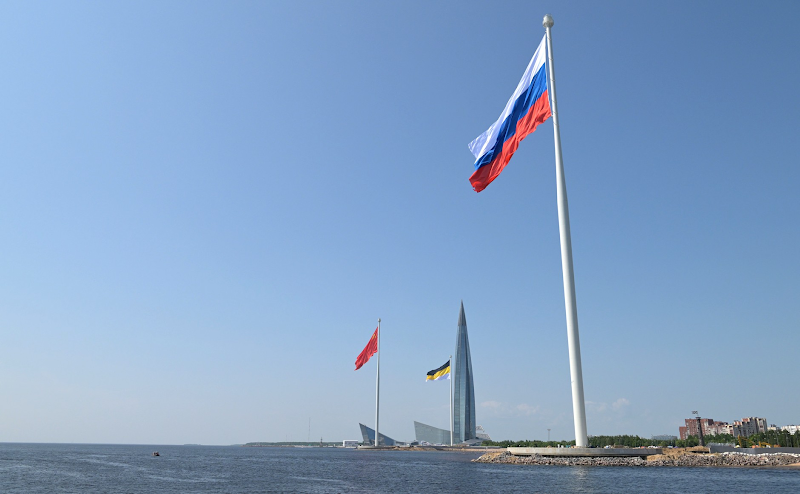Intel: Russia’s economy transforms into military dependency, while oil revenues drop 17%

The conclusion of the war in Ukraine will inevitably lead to an economic collapse in Russia. According to Ukraine’s Foreign Intelligence Service, military spending has become the main driver of the Russian economy, sidelining private business and civilian sectors. Strengthening Ukraine militarily and economically will accelerate Russia’s financial exhaustion.
Currently, Russia’s economy still largely depends on the oil sector, which accounts for about 77.7% of the federal budget. China remains Russia’s main economic partner. In 2024, bilateral trade between Russia and Beijing exceeded $240 billion. Beyond trade, China supplies Russia with critical components for producing military drones and equipment, boosting Moscow’s military capabilities.
The military-industrial complex keeps the economy Afloat
According to the Ukrainian Foreign Intelligence Service, Russia’s defense spending has risen to nearly 8% of GDP, making the military-industrial complex the sole driver of domestic demand. While the Kremlin supports growth in strategic sectors, it simultaneously destabilizes the broader economy, leaving small and medium-sized businesses without prospects.
Mass layoffs after the war
Once the war ends, Moscow will be forced to cut defense spending. Millions of workers in the military-industrial complex will lose their jobs, and entire regions will be left without an economic foundation.
The demobilization of hundreds of thousands of contract soldiers will create an additional shock to the labor market.
Budget deficit and decline of civilian production
Russia’s federal budget is already strained: revenues in the first half of 2025 fell by nearly 17% due to declining oil and gas income.
Russia rehearses caution in demobilization from war in Ukraine—but 1989 Afghan lesson haunts Kremlin
Sanctions and import restrictions on technology force Russian companies to produce cheaper, simpler goods, reducing competitiveness and closing opportunities in global high-tech markets.
Inevitable economic crisis
Russia is trapped in a “military rent” scenario: continuing to finance the war is increasingly difficult, yet cutting spending without triggering economic collapse is impossible. Resolving this crisis will require a long and painful restructuring of the entire system.
